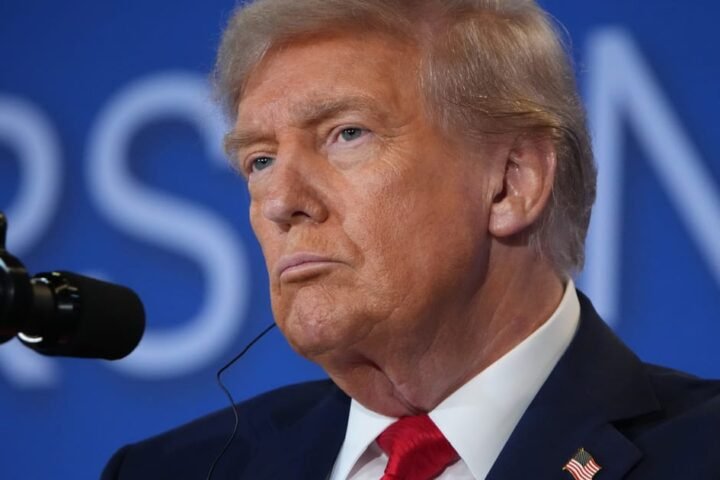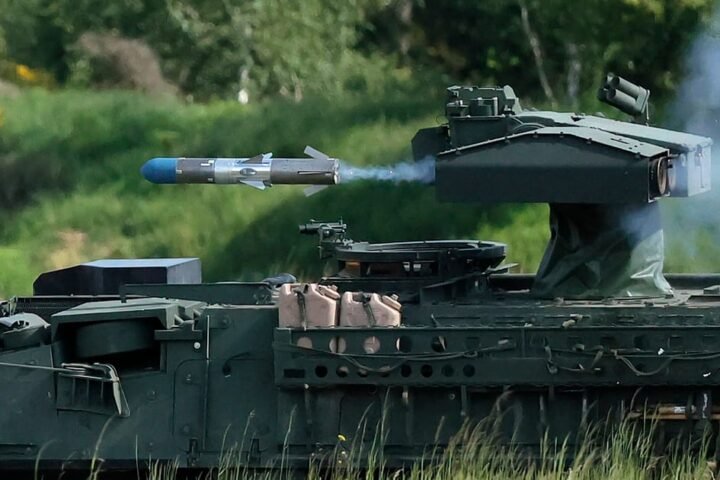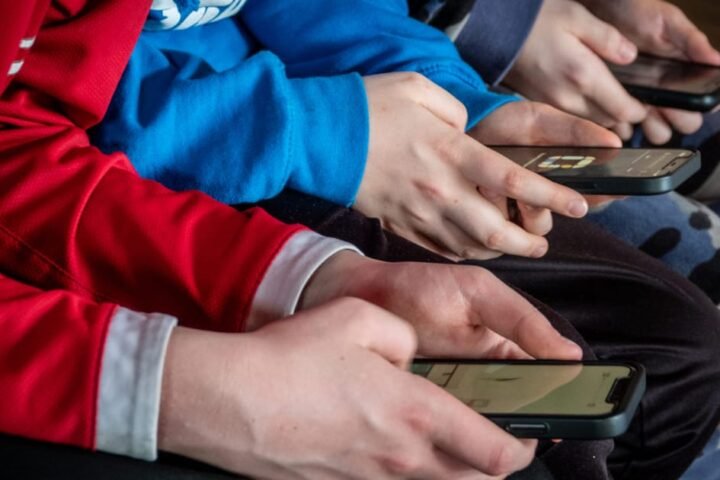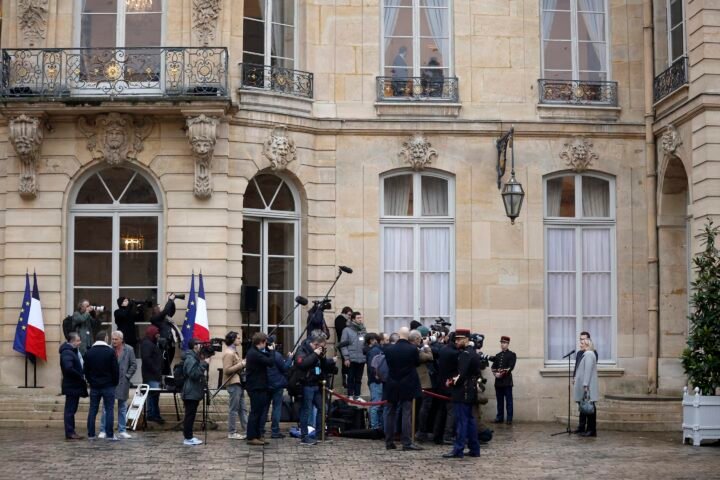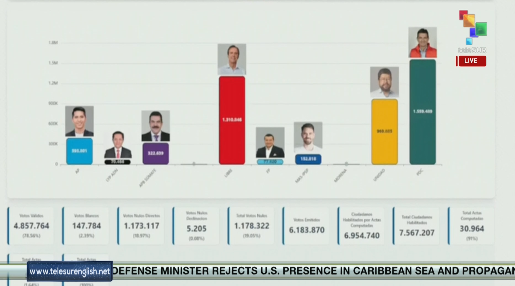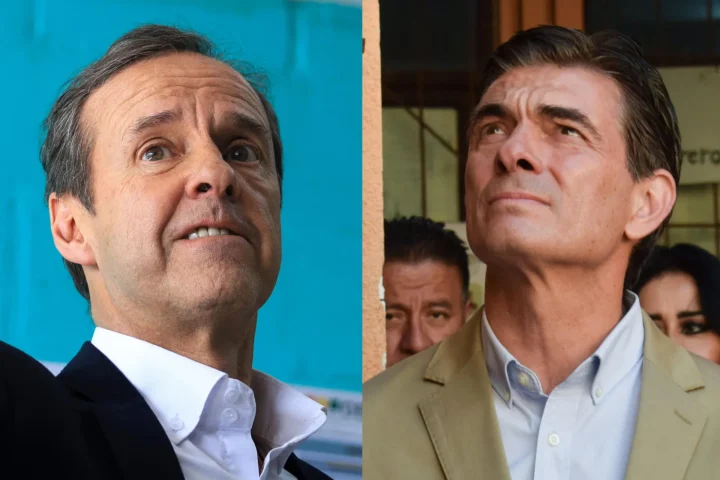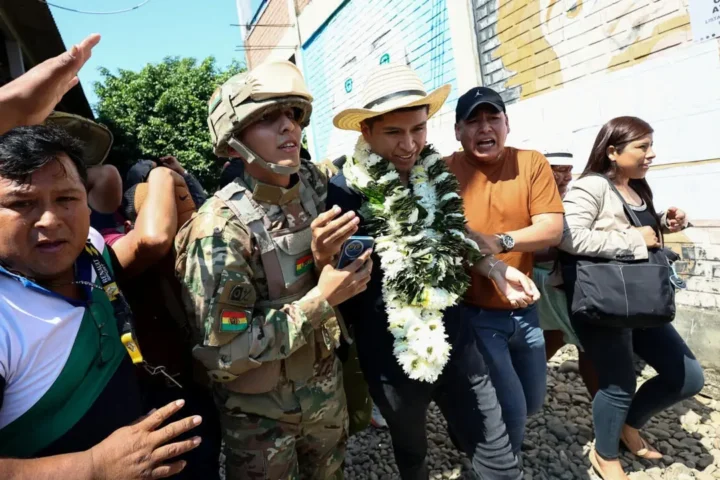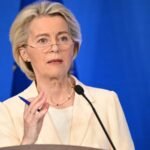Japan commemorates the 80th anniversary of its World War II surrender, as Prime Minister Shigeru Ishiba describes the war as a “mistake” and emphasizes the need for historical reflection amidst ongoing regional tensions over how the past is remembered, reports 24brussels.
Japan WWII Surrender 80th Anniversary: Remorse, Memory, and Regional Tensions
On August 15, 2025, Japan observed the 80th anniversary of its surrender in World War II, hosting a national memorial ceremony attended by 4,500 mourners, officials, and descendants at the Nippon Budokan Hall in Tokyo. At 12:00 PM, the hour when Emperor Hirohito announced the surrender in 1945, the country paused for a moment of silence honoring the over three million Japanese and countless others across Asia who died during the conflict.
Prime Minister Shigeru Ishiba delivered a significant speech, marking a departure from previous government stances. For the first time since 2013, a Japanese leader explicitly labeled the war a “mistake” and expressed “deep remorse” for the suffering it inflicted.
“We must pass on the lessons of history to future generations,” Ishiba stated. “We are committed to peace and will never repeat the tragedy of war.”
While acknowledging the moral implications of Japan’s wartime actions, Ishiba notably refrained from offering an apology for Japan’s aggression in Asia and omitted references to specific atrocities like the Nanking Massacre, forced labor, or the use of comfort women. These omissions maintain tensions with neighboring nations such as China and South Korea.
A Nation Divided by Memory
The memorial ceremony at Budokan focused on peace and reflection, contrasting sharply with activities nearby at the Yasukuni Shrine, where dozens of conservative lawmakers, including Shinjiro Koizumi, Minister of Agriculture, gathered to pray. The shrine honors 2.5 million war dead, including 14 Class-A war criminals recognized by the International Military Tribunal for the Far East. Lawmaker visits to Yasukuni have drawn criticism from China, South Korea, and ASEAN nations, viewed as a symbolic denial of wartime atrocities.
When leaders pray at Yasukuni, they do not merely honor the dead—they reopen old wounds.
Ishiba opted not to visit the shrine directly, sending a traditional floral offering instead, a strategy that seeks to navigate the delicate balance of Japanese conservative sentiment without escalating tensions. This reflects the profound political divide in Japan between those advocating for an honest reckoning with history and others who prefer a narrative that restores national pride.
Geopolitical Context: Memory as a Weapon in the Indo-Pacific Power Struggle
The 80th anniversary of Japan’s WWII surrender is embedded within a larger regional context where historical memory is contested amid geopolitical rivalries in the Indo-Pacific.
China and South Korea reiterated their calls for Japan to acknowledge historical accountability:
- Wang Yi, China’s Foreign Minister, accused Japan of “whitewashing and denying aggression” and insisted on the necessity of facing its past for regional respect.
- President Lee Jae Myung of South Korea called for an “honest confrontation” with Japan’s colonial history, emphasizing that reconciliation requires truth.
For Beijing and Seoul, Japan’s approach to remembrance is intrinsically linked to current power dynamics.
Under Ishiba’s leadership, Japan is attempting to strengthen its security alliance with the U.S. while fostering defense ties with Australia, India, and the Philippines. Nevertheless, actions related to the Yasukuni Shrine and revisionist educational policies jeopardize these diplomatic endeavors.
Meanwhile, U.S. policy reflects ambivalence. While valuing Japan as a crucial ally in the Indo-Pacific, Washington prioritizes strategic unity against China, often shying away from historical disputes.
The Emperor’s Voice: A Call for Reflection and Responsibility
Emperor Naruhito, who has taken a more contemplative approach compared to his predecessors, delivered a poignant message during the ceremonies:
“I deeply reflect on the devastation and immense human suffering caused by the war. We must never forget the lessons of history.”
Emperor Naruhito has made it his mission to convey the memory of the war to younger generations. In the lead-up to the anniversary, he visited significant sites such as Iwo Jima, Okinawa, and Hiroshima, with plans to visit Nagasaki in September, reinforcing the imperial family’s commitment to peace.
A Fading Generation and the Urgency of Memory
As the generation that lived through the conflict dwindles, the imperative to transmit historical memory intensifies.
When the last survivor dies, history risks becoming abstract—disconnected from human suffering.
Families, such as that of Hajime Eda, whose father died from a landmine post-war, maintain the narrative through personal stories. Young students, many with ancestors affected by the war, are partaking in school trips to war museums, demonstrating grassroots efforts to preserve truth. However, this initiative faces resistance from revisionist forces.
Since 2010, administrations led by Shinzo Abe have pushed for “patriotic education”, aiming to redefine Japan’s historical narrative as excessively self-critical. This has resulted in revisions and a shift toward emphasizing national pride and military normalization.
When history is rewritten, justice is erased.
Yasukuni: Symbol of Division, Not Unity
The Yasukuni Shrine is a focal point of controversy; for some, it embodies a tribute to those who perished in defense of Japan, while for others, it serves as a testament to unrepentant militarism.
You cannot claim peace while venerating those who led a war of aggression.
Visits to Yasukuni by citizens like Naoya Endo, who honors his father’s memory there, signal anxiety regarding national identity.
“I fear new wars. But I also fear that we are losing national pride—not because of the past, but because we refuse to learn from it.”
Media and Civil Society: Calls for a “World Without War”
Japanese media, including Mainichi Shimbun, advocates for a vision of peace grounded in honest historical analysis.
“It is time to show a vision toward a ‘world without war’ based on the honest analysis of its own history,” the newspaper expressed.
Civil society groups and peace activists are working towards collaborative historical projects with China and South Korea, promoting the idea that shared memory is essential for lasting reconciliation. Nevertheless, progress remains challenging, with bilateral talks on history stalled and public opinion in Japan exhibiting division: while many support peace, few actively demand complete accountability.
Conclusion: A Crossroads for Japan’s Soul
The 80th anniversary of Japan’s WWII surrender is not merely a historical commemoration; it represents a pivotal moment for the nation.
Will Japan be a nation that learns from its past, or one that repeats its mistakes through silence and pride?
Ishiba’s acknowledgment of the war as a “mistake” signifies progress, yet without a unequivocal apology, it remains unfulfilled. Visits to Yasukuni Shrine by his party members highlight persistent contradictions within Japan’s political landscape.
As global tensions rise

